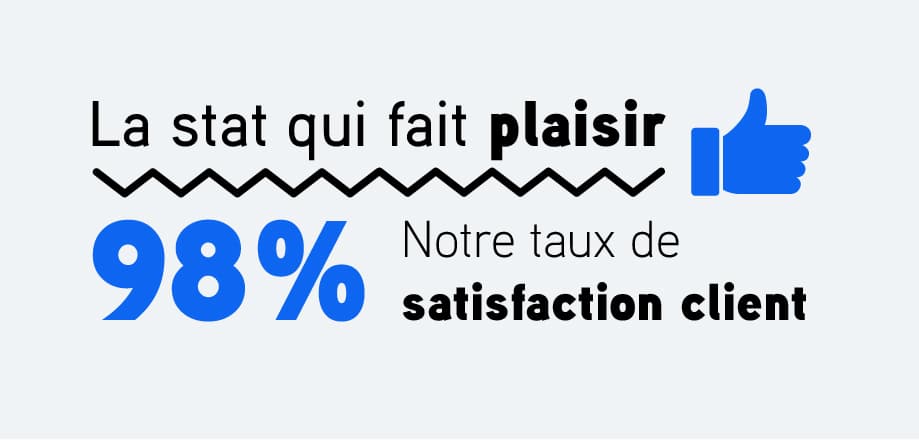Imagining an event without relying on data is a bit like navigating without a compass. The impact of event data allows organizers to turn uncertainty into opportunities while maximizing return on investment. With a data-driven strategy, every aspect of planning – from selecting speakers to analyzing post-event outcomes – is fortified by formidable efficiency. By embracing a proactive approach, not only do you meet participant expectations, but you also align business objectives with informed decisions. Welcome to the future of events where data paves the way to assured success.
Have you ever organized an event and felt the pressure from uncertainty and decisions to be made? An intelligent event data strategy can transform this experience by eliminating chance and maximizing return on investment (ROI). By understanding participant expectations and adopting a data-driven approach, you shift from reaction to proactive action. Integrating data from pre-event planning through to post-event analysis allows you to create events that captivate, meet business objectives, and ensure optimal returns.
Participants now expect personalized experiences, and achieving this goal has become possible thanks to the power of data. Data-driven decisions make organizations 19 times more likely to be profitable, while competitive strategies can be developed to distinguish your event in a saturated market. In summary, data is not just numbers; it serves to create events that foster strong engagement and effective conversion.
To optimize your event strategy, it is crucial to define goals and metrics from the outset, to collect data from multiple sources, and to conduct effective post-event analysis. In this way, each event can be improved and adjusted to best meet participant expectations, ensuring long-term impact.

create an effective event data collection strategy
Rather than falling into uncertainty when preparing events, utilizing an event data collection strategy proves essential. By closely examining participant needs, you can tailor your event to best meet their expectations. For instance, if you’re organizing a sales conference, knowing that the majority of your audience consists of new sellers will influence the topics of the sessions you choose. A well-thought-out strategy will help you understand participant behavior, including what captures their attention and how they engage with your event. To explore advanced tactics for event marketing, check out this comprehensive article.
leverage real-time data to adjust on the fly
Events never go exactly as planned. Access to real-time data using event apps can revolutionize your organization. This data allows you to track participant engagement during each session, detect feedback, and adjust the flow of events on the fly. Additionally, listening to social media conversations through hashtags enables you to instantly understand where adjustments are needed. For example, if a key plenary session is delayed, offering an unexpected networking session can alleviate participant frustration. Check out this article to learn how to publithings.com/opter-pour-une-strategie-dinscription-simple-ou-double-que-choisir”>optimize your registration strategy.
analyze post-event feedback for continuous improvement
Once the event has concluded, it is crucial to delve into a thorough analysis of post-event data. This includes reviewing participant satisfaction surveys, evaluating the performance of each session, as well as calculating return on investment. These metrics allow you to pinpoint precisely what worked and what needs improvement for future events. By sharing these insights with the team and stakeholders, you can justify new innovations and thus optimize your upcoming events. For more information on enhancing participant experience, discover how next-generation navigation systems can transform your events in this Pointr article.









